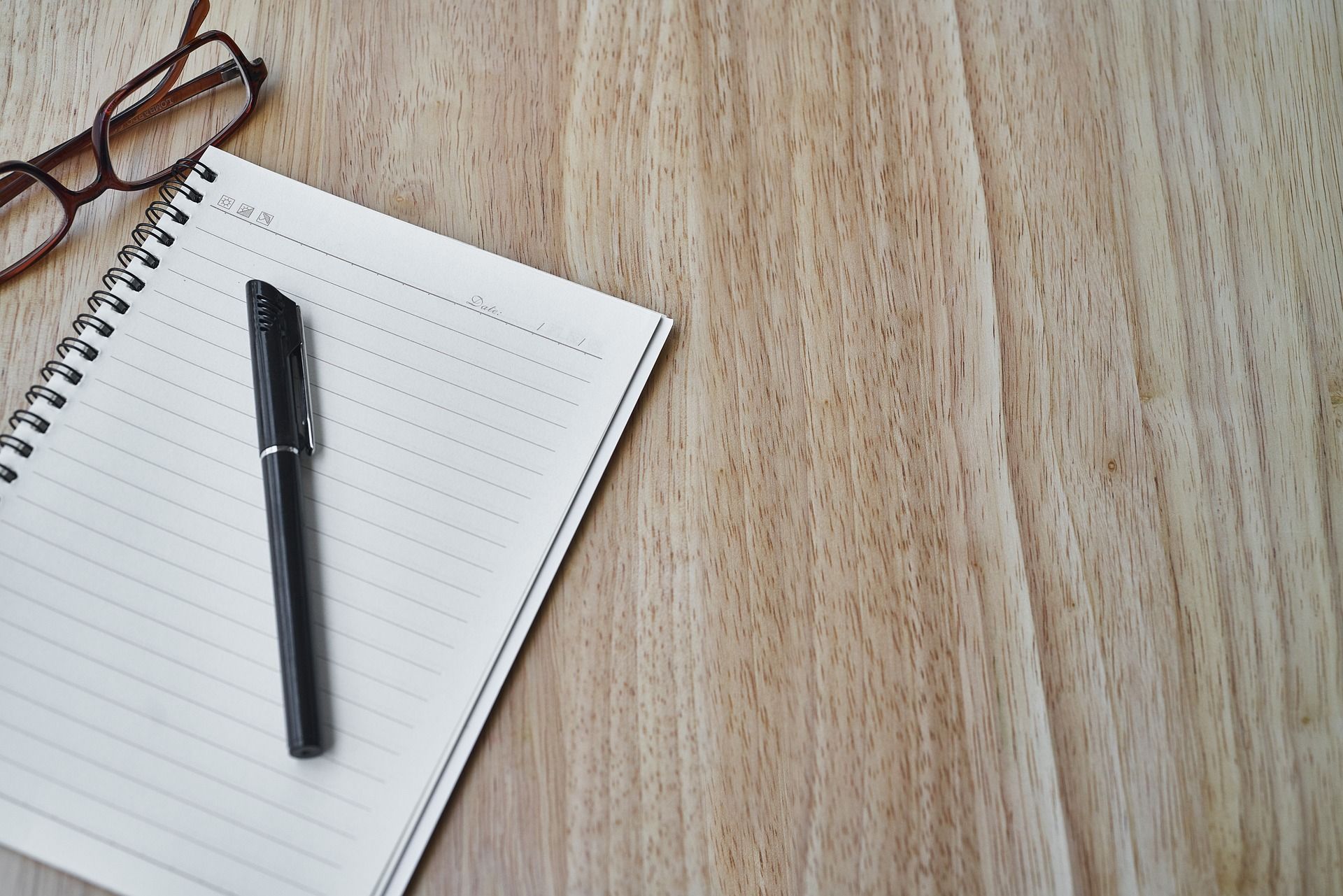Different Types of Notetaking
Find out more about the different types of notetaking.

Whenever you learn something new, it takes a while for your brain to go through the process of memorization, which is why we need to take notes. There is no right or wrong way to do this but there are many various types of notetaking. It’s not as simple as writing down what you hear in your lectures, learning how to summarize core concepts effectively is a unique skill to have as a student, read on to find out more about the different types of notetaking.
Why do we need to take notes?
So why is note-taking so important? First of all, our brains can only retain so much new information, and a few days after your lecture, you will forget everything your professor said, and this will have a deep impact on your overall learning experience. Everything you learn in your classes, you are going to want to revisit later, especially when you are revising or practicing for your exams. But you have to make sure the quality of your notes is good if you want to positively benefit from taking them. It’s also important to know what type of learner you are, do you have a photographic memory? Are you more of a visual learner or do you prefer listening to your lectures and creating study material from recordings? Ask yourself these questions to work out the best way to take notes during your education journey.
Taking notes from speech
One of the most popular ways to make notes is to take notes from speech. But when you are sitting in a lecture hall, recording the audio and trying to write down the key points on paper, it can be difficult. This form of notetaking can have many problems including not being able to ask the speaker to repeat their words, the length of time it takes to re-listen to the audio recorded, and not everything you record will be beneficial to remember. Some ways you can make recording and taking notes from speech easier is by knowing what subjects will be discussed beforehand, only noting down the key points and looking out for specific phrases such as “I am going to discuss” or “the next thing we are going to talk about.” This is only one way to make notes and if you are an auditory learner, this may be the best method for you, if you prefer to record your notes, then pick out key elements later.
Visual notetaking
Re-reading chunks of information can be an unproductive way to spend your time. This is why visual notetaking is effective for some students. It’s easier to condense the information into clusters of ideas, with clear headings, so it is easier to find the information you need when you are revising for your exams. Whether you like mind maps, flow charts, or color coding your notes with pastel highlighters, visual notetaking is an excellent way to take your notes.
Note Taking Methods
Outlining, charting or mapping? So many different note-taking techniques to try and conquer. Once you know your learning style, you can find the perfect note system that works for you. Outlining is one of the simplest ways to take notes, it follows a structure of Roman numerals, capital letters, Arabic numbers, and lowercase letters. Starting with the main topic, then writing the subtopics, points, and examples of those points.
Charting is a technique that works well with multiple topics, it is organized, usually in a table or spreadsheet and each column represents a different category of information. This note-taking method is great for students who have a lot of statistics and content to condense down into bite-size pieces. Creating charts does take time with this method, so if you are looking for a method that isn’t time-consuming, this isn’t the one for you.
The mapping method is great for those intense lectures where you need to establish relationships between multiple topics. Start by writing the title of the topic at the top of your page and use branches to write down information for each main point and supporting evidence.
Whatever method you decide to use, note-taking is a crucial part of your studying life. It is the information you collect from your classes that will develop your learning further and set you up to revise your topics, so choose well and keep going, you’ve got this!
